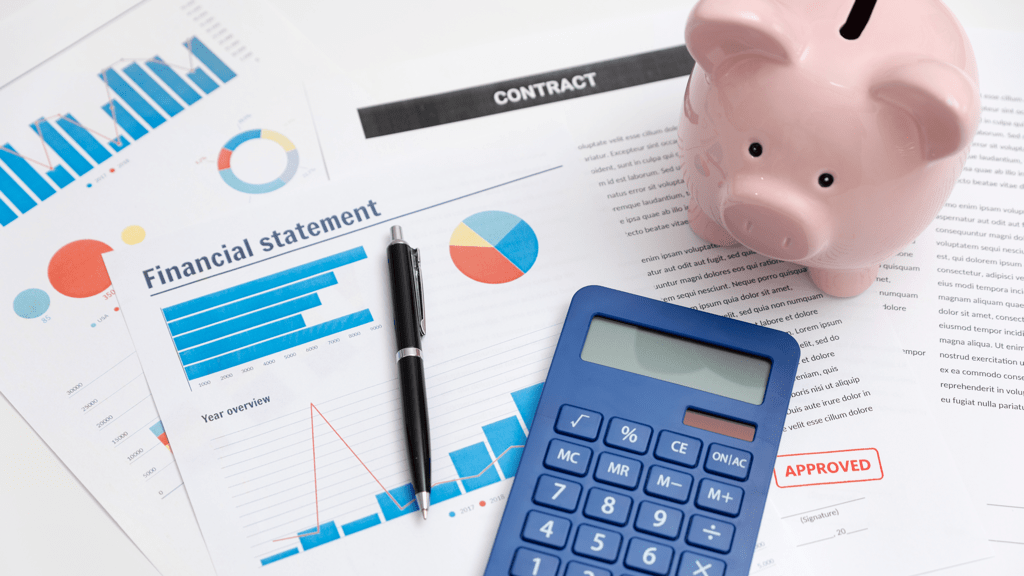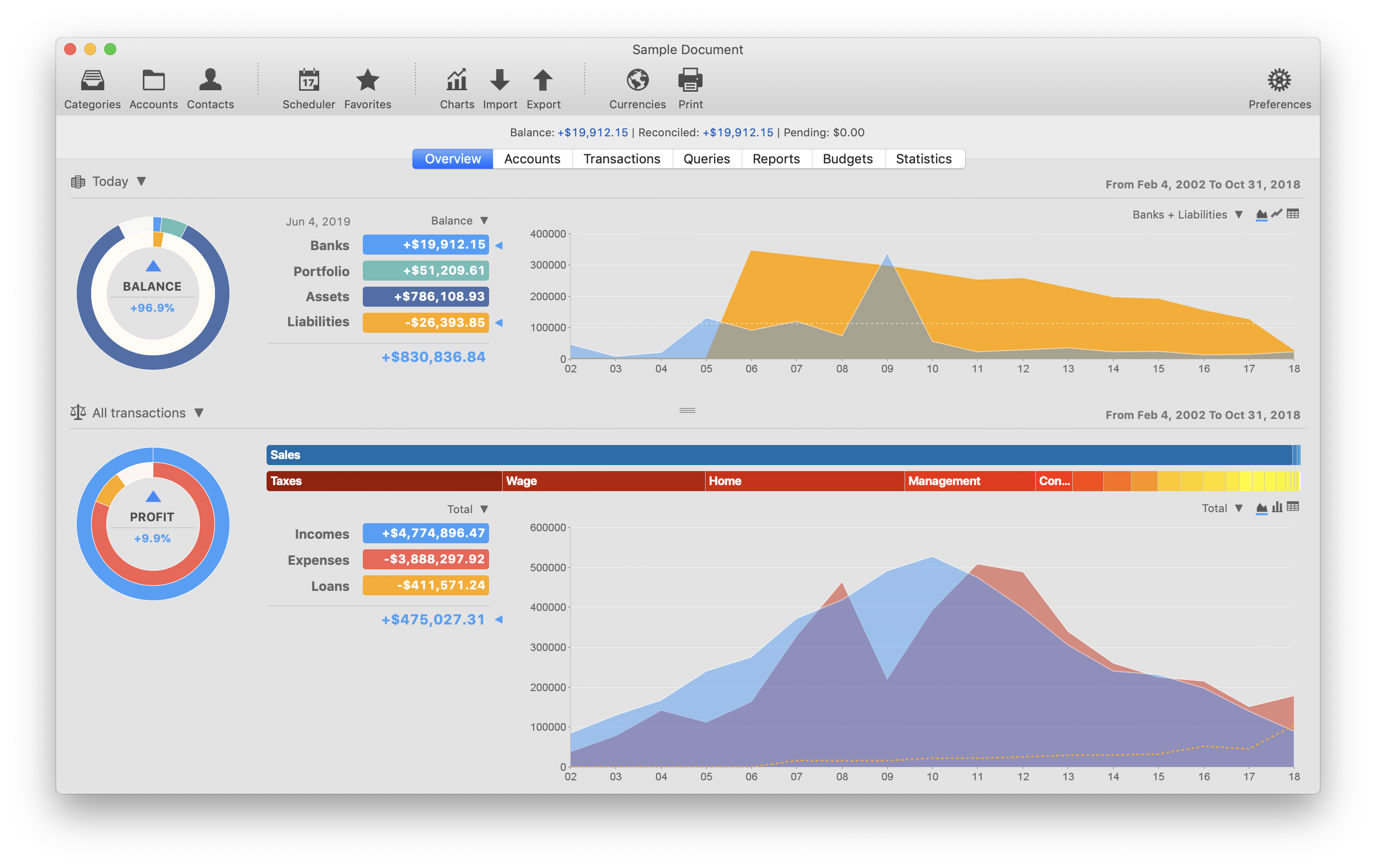Many of us have hard time-saving money, despite our best intentions. We often start with good intentions, but then something comes up, and we end up spending what we intended to save. If you’ve been struggling to save money, here are some tips that might help you finally reach your goal.

Record your expenses
If you want to save money successfully, one of the best things you can do is to keep track of your expenses. This will help you to see where your money is going and where you can cut back. Several ways to do this include using personal finance software like iCash, setting up a system of envelopes for cash expenses, or simply writing out your monthly spending. Find what works for you and stick with it!
Find ways to save money on everyday expenses
We all know that saving money is essential, but it can be challenging. Here are some tips to help you save money on your everyday expenses.
1. Make a budget and stick to it. This is probably the most important tip. You need to know how much money you have coming in and going out every month. Once you have a budget, try to find ways to cut back on your spending.
2. Take advantage of discounts and deals. There are often discounts and deals available if you take the time to look for them. Whether using coupons at the grocery store or taking advantage of sales, you can save a lot of money.
3. Save on transportation costs. If you can, walk or ride your bike instead of driving. This will save you money on gas and parking fees. If you must drive, carpool when you can or look for ways to consolidate your errands to save on gas.
4. Cut back on eating out. Eating out can be expensive, so try cooking at home more often. You’ll save money and may even end up eating healthier as well.
5. Save on entertainment costs.
Make a budget
When saving money, one of the most important things you can do is create a budget. You can make informed decisions about where you can cut back to save by taking the time to figure out where your money is going. There are several ways to approach budgeting, but it is straightforward to track your monthly spending and categorize it into essential and non-essential expenses. You can start looking at ways to reduce your non-essential spending to boost your savings.
iCash allows you to create budgets, making the process easier. Still, it comes down to being mindful of your spending and making deliberate choices about where your money will go. If saving money is a priority for you, then creating a budget is a great place to start.
Invest in yourself
Investing in yourself is one of the best ways to save money successfully. When you invest in yourself, you are investing in your future. You are also more likely to be successful if you invest in yourself. There are many ways to invest in yourself. You can invest in your education, health, career, and relationships. All of these things will help you to be more successful in life. Investing in yourself is one of the best ways to save money successfully.
Automate your savings
One of the best ways to save money is to automate your savings. This means setting up a system where a fixed amount of money is transferred from your checking account to your monthly savings account. This can be done manually, but many financial institutions offer automated savings programs.
There are several benefits to automating your savings. First, it forces you to save regularly, which can help you reach your financial goals more quickly. Second, it enables you to avoid the temptation to spend money that you should be saving. And finally, it can help you build up your savings more quickly than if you were making occasional deposits.
If you’re not already doing so, automating your savings is a great way to save more monthly money. It’s easy to set up and can make a big difference in your financial picture.

Live below your means
One of the best ways to save money is to live below your means. This means spending less than you earn and living a more frugal lifestyle. There are several ways you can do this, such as:
-Reducing your expenses: Take a close look at your spending and see where you can cut back. This may include cutting out unnecessary expenses, like eating out or buying new clothes all the time.
-Making a budget: A budget can help track your spending and ensure you live within your means. Try to stick to your budget as much as possible.
-Earning extra income: If you can earn extra income, this can help you boost your savings. You can get a part-time job, start a side hustle, or invest in passive income opportunities.
Saving money successfully takes discipline and effort, but it is well worth it. Following these tips can start saving money and reaching your financial goals.
Conclusion
Saving money is a skill that anyone can learn with a little bit of effort. If you’re struggling to save money, start by evaluating your spending habits and setting a budget. Once you have a handle on your finances, set some savings goals and create a plan to reach them. Remember, saving money is about making small changes in your spending habits over time. You can develop the skills necessary to save successfully with dedication and perseverance.
Recommended reading:
– What is Personal Finance?
– How to take advantage of Budgets in iCash

